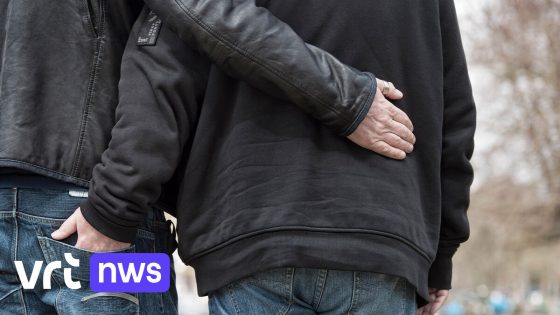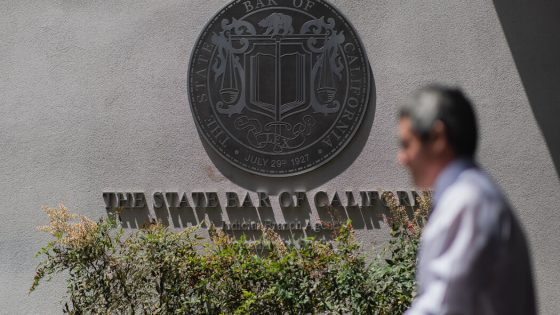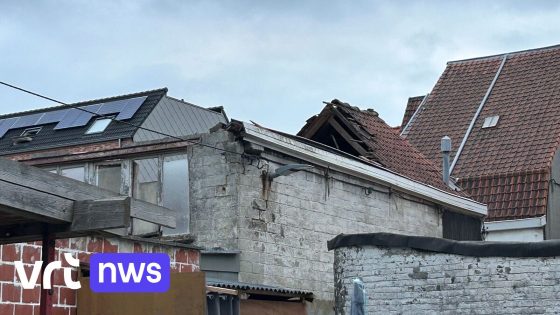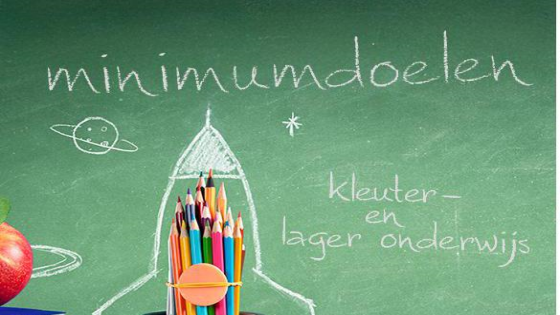Fear of coming out, admitting to using dating apps, or facing stigma remains a significant barrier for many in Belgium’s LGBTQIA+ community. On 2025-05-13 16:15:00, Unia and the Institute for Equality between Women and Men highlighted these fears as reasons why victims often hesitate to report discrimination or hate crimes.
- Fear prevents LGBTQIA+ individuals from coming out
- Encourage reporting discrimination to the police
- Police to create specific discrimination reports
- Politicians urged to combat discrimination actively
- Previous fragmented plans hinder effective policies
- Advocate for ambitious, unified interfederal action plan
These institutions urge victims and witnesses of any form of discrimination or hate speech to file complaints with the police, where specific reports will be generated. But is reporting enough to tackle the root causes of discrimination?
Unia and the Institute also call on Belgian politicians to act decisively. They emphasize the need for a unified, inter-federal action plan to replace fragmented efforts from previous legislatures, aiming to strengthen cooperation across all levels of government in combating LGBTQIA+-phobia.
Why do so many still fear coming forward? The answer lies in the complex social and professional consequences victims anticipate. Without a cohesive strategy, efforts remain scattered and less effective. Key points include:
- Victims fear negative impacts on their private and work lives.
- Previous action plans were fragmented across different government levels.
- Unified, inter-federal collaboration is essential for efficient policy.
- Encouraging reporting is crucial but must be paired with systemic change.
Will Belgium’s policymakers seize this moment to unify their efforts? A strong, collaborative approach could transform how discrimination is addressed and create a safer environment for all. It’s time for action, not just words.



























